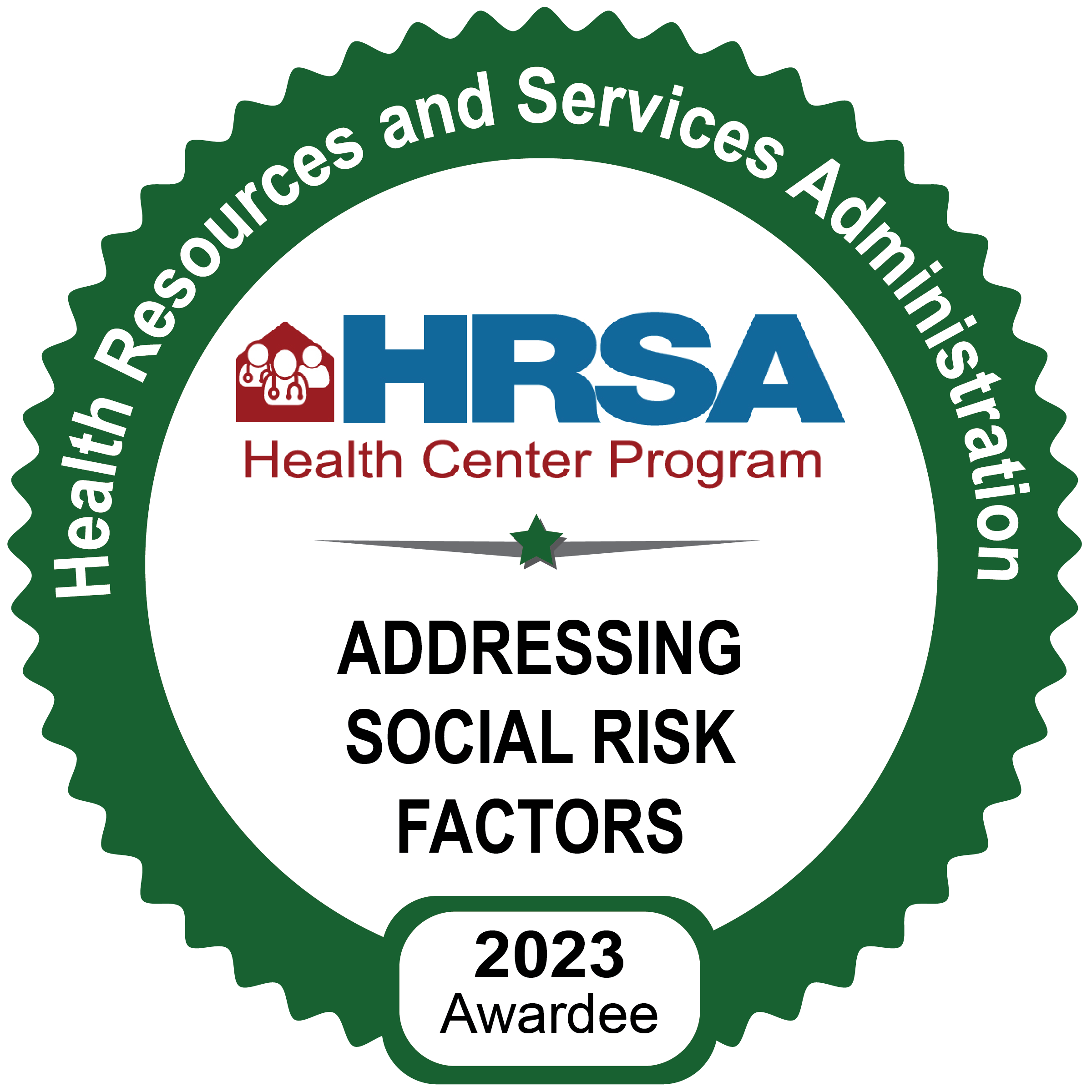To Buy Diflucan Online Visit Our Pharmacy ↓
 Diflucan and Pregnancy: What You Need to Know - Safety Guidelines for Expectant Mothers.
Diflucan and Pregnancy: What You Need to Know - Safety Guidelines for Expectant Mothers.
Understanding the Safety Profile of Diflucan during Pregnancy
Navigating the realm of medication safety during pregnancy is crucial for expectant mothers, ensuring the well-being of both mother and child. Understanding the nuances of Diflucan's safety profile in this delicate phase is paramount. Diflucan is classified as a Category D medication by the FDA, indicating potential risks to the fetus but may be necessary based on the benefits outweighing the dangers. As Diflucan can cross the placenta, caution is advised when considering its use during pregnancy.
To further elucidate the safety profile of Diflucan during pregnancy, let’s delve into the specifics. The risks associated with Diflucan use include the possibility of birth defects, particularly when taken during the first trimester. These risks need to be balanced with the benefits of treating potential yeast infections that could impact the health of both mother and baby.
Considering the safety concerns surrounding Diflucan, exploring alternative treatment options becomes imperative. Consultation with a healthcare provider before initiating any medication is paramount. Your healthcare provider can provide insights on suitable alternatives that are safer during pregnancy.
In conclusion, understanding the safety profile of Diflucan during pregnancy is crucial for expectant mothers to make informed decisions about their health and the well-being of their unborn child. By weighing the risks and benefits, consulting healthcare providers, and exploring alternatives, expectant mothers can navigate this delicate balance effectively.
| Medication Safety during Pregnancy | Key Points |
|---|---|
| Understanding Diflucan's Safety Profile | Category D medication, risks and benefits evaluation |
| Risks and Benefits Assessment | Potential birth defects vs. treating yeast infections |
| Exploring Alternative Treatments | Consulting healthcare providers for safer options |
| Precautionary Measures | Well-informed decisions for maternal and fetal health |
Risks and Benefits of Diflucan Use in Expectant Mothers

Diflucan offers expectant mothers both risks and benefits to consider. While it can effectively treat yeast infections during pregnancy, the safety of its use remains a topic of discussion among healthcare providers. Understanding these potential risks alongside the benefits is crucial in making an informed decision about whether to use Diflucan. Consulting with your healthcare provider before initiating any treatment with Diflucan is key to ensuring the best possible outcome for both you and your baby. Making an informed choice based on the risks and benefits of Diflucan is essential for expectant mothers.
Alternatives to Diflucan for Treating Yeast Infections
When considering treatment options for yeast infections during pregnancy, it is essential to explore alternatives to Diflucan. While Diflucan may be effective in treating fungal infections, there are other options available that are considered safer for expectant mothers. These alternatives provide a way to manage yeast infections without potentially exposing the fetus to the risks associated with Diflucan use. Consulting with healthcare providers about suitable alternatives can help ensure the safety and well-being of both the mother and the developing baby. It is crucial to prioritize the health of the pregnancy and make informed decisions when it comes to managing yeast infections during this sensitive time.
Consulting Your Healthcare Provider before Taking Diflucan

Consulting with your healthcare provider before considering the use of Diflucan is crucial to ensure the safety of both you and your baby. Your healthcare provider will be able to assess your specific situation and provide personalized guidance on the potential risks and benefits of using Diflucan during pregnancy. They can also discuss alternative treatment options that may be safer for you and your baby while effectively addressing your condition. By consulting with your healthcare provider, you can make informed decisions regarding your treatment plan and ensure the best possible outcome for both you and your little one.
Potential Effects of Diflucan on the Fetus and Pregnancy
Potential Effects of Diflucan on the Fetus and Pregnancy:
Diflucan, a commonly prescribed antifungal medication, has been associated with potential risks when used during pregnancy. Studies have suggested a link between Diflucan use in the first trimester and an increased risk of certain birth defects, such as craniofacial and heart abnormalities. Additionally, there have been reports of adverse effects on the fetus, including growth restriction and preterm birth. It is essential for expectant mothers to weigh the benefits of Diflucan treatment against these potential risks and explore safer alternative options.
| Points to Consider | Information |
|---|---|
| Risks | Possible birth defects and fetal abnormalities |
| Benefits | Effective treatment for fungal infections |
| Precautions | Consult healthcare provider before use |
Precautionary Measures for Expectant Mothers Using Diflucan
Precautionary measures for expectant mothers using Diflucan include ensuring that the medication is taken exactly as prescribed, without missing doses or altering the dosage. It's essential to inform healthcare providers about any other medications being taken to avoid potential interactions. Regular monitoring and follow-up appointments are crucial to assess the effectiveness of Diflucan and detect any adverse effects early on. Expectant mothers should also be vigilant for any unusual symptoms and report them to their healthcare provider promptly. These measures help maintain the safety and efficacy of Diflucan treatment during pregnancy.





